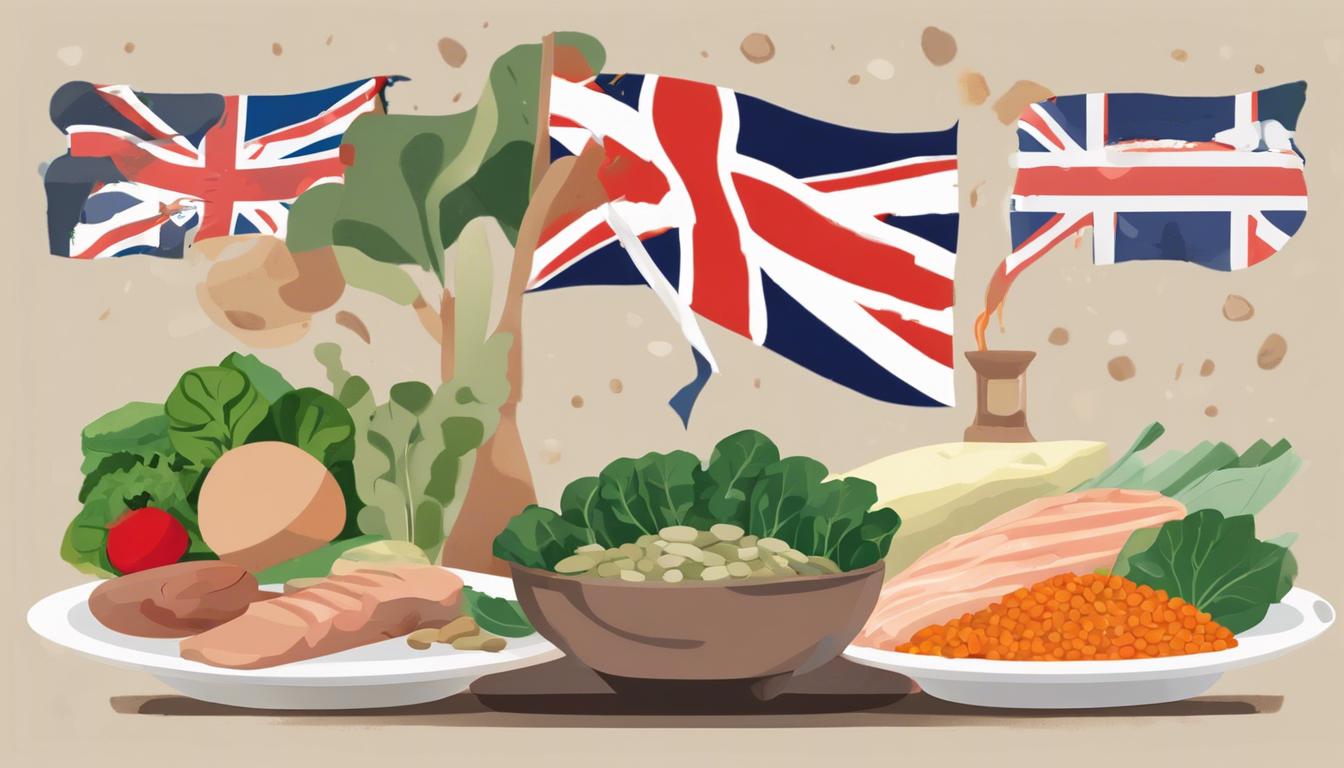Exploring the complexities of protein and folate consumption in the UK, with insights from dietitians on the implications of current intake levels and the need for enhanced public education on nutrition.
Protein consumption in the UK is currently under scrutiny due to varying recommendations and general public confusion regarding ideal intake levels. Linia Patel, a dietitian, points out the discrepancies in protein consumption among the British population. Despite the National Diet and Nutrition Survey indicating that many exceed the recommended daily protein intake, Patel reveals that approximately 80% of her clients consume insufficient protein. For adults, the standard recommendation is 0.75 grams per kilogram of body weight, roughly equating to 45 grams for women and 56 grams for men daily. Patel suggests that emerging research, like the indicator amino acid oxidation method, hints at potentially higher protein requirements, especially among older adults. She stresses the importance of regular protein consumption throughout the day from varied sources such as beans, lentils, and soy to maintain optimal health.
Another nutrient, folate, essential for preventing health issues like anaemia and cardiovascular diseases, is often under-consumed, with a study by Discover Great Veg revealing that 75% of Brits misunderstand its dietary sources and relevance beyond pregnancy. Folate levels in British diets have declined, as confirmed by the National Diet and Nutrition Survey. Nutritionist Jenny Tschiesche emphasizes the importance of folate across all ages and introduces recipes rich in folate-containing ingredients like spinach and kale, aimed at enhancing folate intake. Understanding signs of folate deficiency, which include tiredness and depression, is vital for encouraging its integration into daily diets to support overall health.
These findings spotlight the essential role of not only sustaining adequate protein and folate levels for health maintenance but also increasing public education to correct widespread nutritional misconceptions in the UK.













